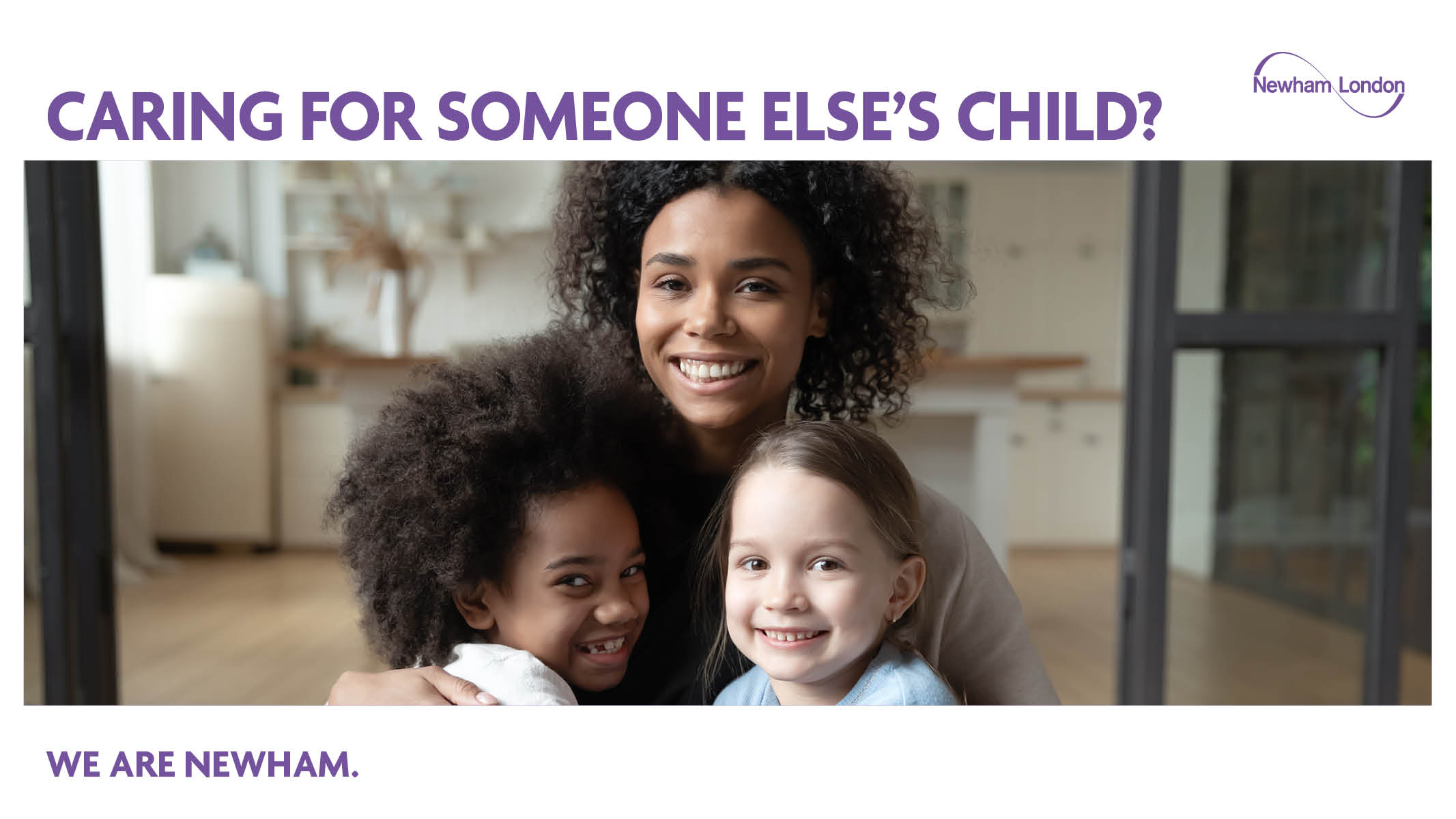
Do you have a child living with you who is not a close relative? Or is your child living with someone else for short while? It could count as private fostering which by law you must tell us about.
This week marks the start of private fostering awareness week, an opportunity to highlight the importance of notifying us of a private fostering arrangement.
What is private fostering?
A child is in a private fostering arrangement when they are staying with someone who is not a parent or close relative for 28 days or more.
Common examples of private fostering arrangements include:
- Children sent from abroad to live with another family in this country
- Children at boarding school who stay with another family during their school holidays
- Overseas students who are living with a carer or host family for more than 28 days
- A teenager living with friends or in the home of a boyfriend or girlfriend because they are not getting along with their own family
- Children living with another family because their own parents are ill, in hospital for a long time or because of family breakdown.
What counts as a close relative?
A ‘close relative’ is a grandparent, uncle, aunt (whether by full or half-blood), sibling or step-parent (by marriage or civil partnership).
What do I do if I need to notify someone of an arrangement?
If you have asked someone else who is not a close relative to look after your child, are looking after a child who is not a close relative, are worried that a child might be being fostered privately or work with children and you know that a child is being privately fostered you should notify us.
Where can I learn more about private fostering?
To learn more about private fostering, and the process for informing us about a private fostering arrangement, take a look at our Private Fostering Information page.
